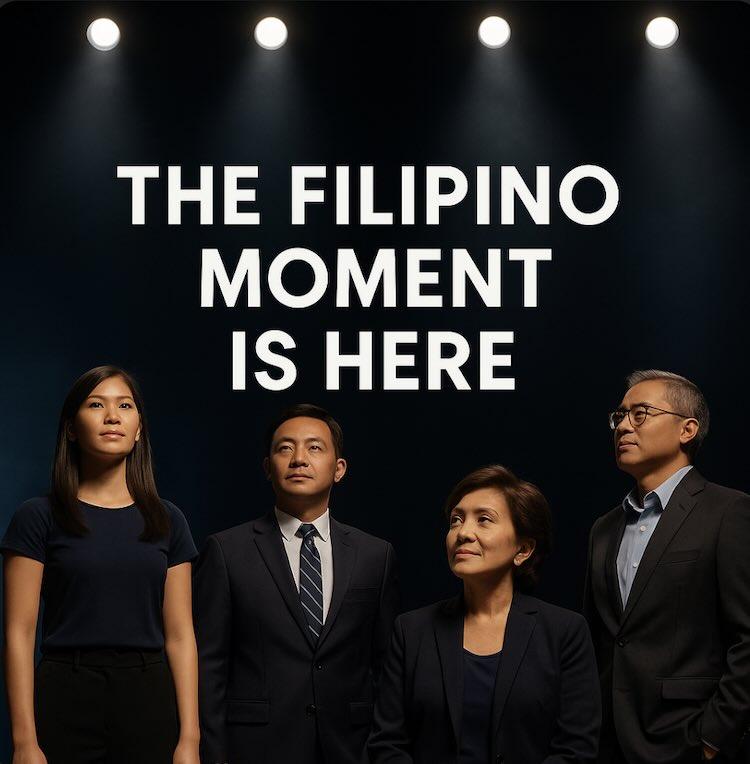“WHAT was the direct line of command between the President and the operators? It was not clear whether he just approved the operation at the very start and then let it have its own life or he approved the particular operation. If so, whose advice is he taking and what precautions were taken to protect the life of these almost uniformly very young police?”
Referring to the Jan. 25 bloody clash between PNP-SAF and MILF forces in Mamasapano, Maguindanao that left 44 elite policemen and 19 Moro rebels dead, Sen. Miriam Defensor-Santiago raised these questions with an aim to seek truth and justice over the deadly encounter.
Also the chairman of the Senate Committee on Constitutional Amendments and Revision of Codes, Santiago led the hearing on the constitutionality of the proposed Bangsamoro Basic Law (BBL) on Monday, Feb. 2. The proposed BBL is a compromise between the Philippine government and Moro rebels, to attain peace and development in the southern region through an autonomous leadership.
Before looking at the bigger picture, heads must roll and those responsible must be held liable. Santiago is just among the majority of Filipinos who condemn the barbaric incident, and who want to identify who is at fault in the botched military attempt.
Santiago stressed the term “command responsibility,” that makes Pres. Benigno Aquino III also responsible for the incident. She explained that the deaths of the government forces constituted “atrocities,” making those who authorized the operation responsible for war crimes under the charter of the International Criminal Court (ICC).
“’Command or superior responsibility’ is often misunderstood. First, it is not a form of objective liability whereby a superior could be held criminally responsible for crimes committed by subordinates of the accused regardless of his conduct and regardless of what his knowledge of these crimes. Nor is it a form of complicity whereby the superior is held criminally responsible for some sort of assistance that he has given to the principal perpetrators. Instead, superior responsibility is a form of responsibility for omission to act: a superior may be held criminally responsible under that doctrine where, despite his awareness of the crimes of subordinates, he culpably fails to fulfill his duties to prevent and punish these crimes,” according to ICC’s Peace and Justice Initiative.
Article VII, Section 1, of the 1987 Philippine Constitution vests executive power to the Philippine president who functions as the head of state, head of government, and commander-in-chief of the Armed Forces of the Philippines. As chief executive, the President of the Philippines exercises control over all the executive departments, bureaus, and offices. Under General or Special Orders, Aquino may act and command in his capacity as commander-in-chief.
Aquino earlier admitted that he had knowledge of the PNP-SAF’s operation to serve the warrant of arrest to suspected Malaysian bomb maker Zulkifli bin Hir, also known as “Commander Marwan” in Mamasapano, Maguindanao. He said that he has directed the elite force’s leadership to have proper coordination before the operation. However, Aquino said that the SAF chief only gave “minimum compliance” to his order.
Should Aquino be held liable for the death of the 44 SAF commandos? Santiago thinks so and she encourages those who agree to file a complaint.
“Anyone who thinks President Aquino should assume command responsibility as commander-in-chief of the military and Armed Forces of the Philippines may file a complaint in the International Criminal Court,” Santiago said. She also explained that ICC hears cases against heads of state and the top-ranking military commanders.
Santiago also said that anyone can file a complaint before the ICC. “There is no requirement. Any person can do so, any NGO, any person with an active, legitimate interest in the outcome of the case,” she said.
While this debacle heats up, Malacañang said it will continue to push for the passage of BBL, “no matter how difficult it is.”
“As much as it is difficult for us to appreciate why we need to fight for peace in this very emotional state, we need to fight for peace. We need to have a just and lasting peace, and that is what we are trying to achieve in the Bangsamoro Basic Law,” Presidential Spokesperson Edwin Lacierda reminded.
Finger pointing will not guarantee justice nor peace, especially not for the victims of the Maguindanao incident and their families. This situation challenges people to find the meaning behind the tragedy, to choose between understanding or anger. In remembering fallen heroes and to honor their untimely deaths, we must pursue their legacy, which is the continued fight for peace and freedom.
(AJPress)
Back To Top






